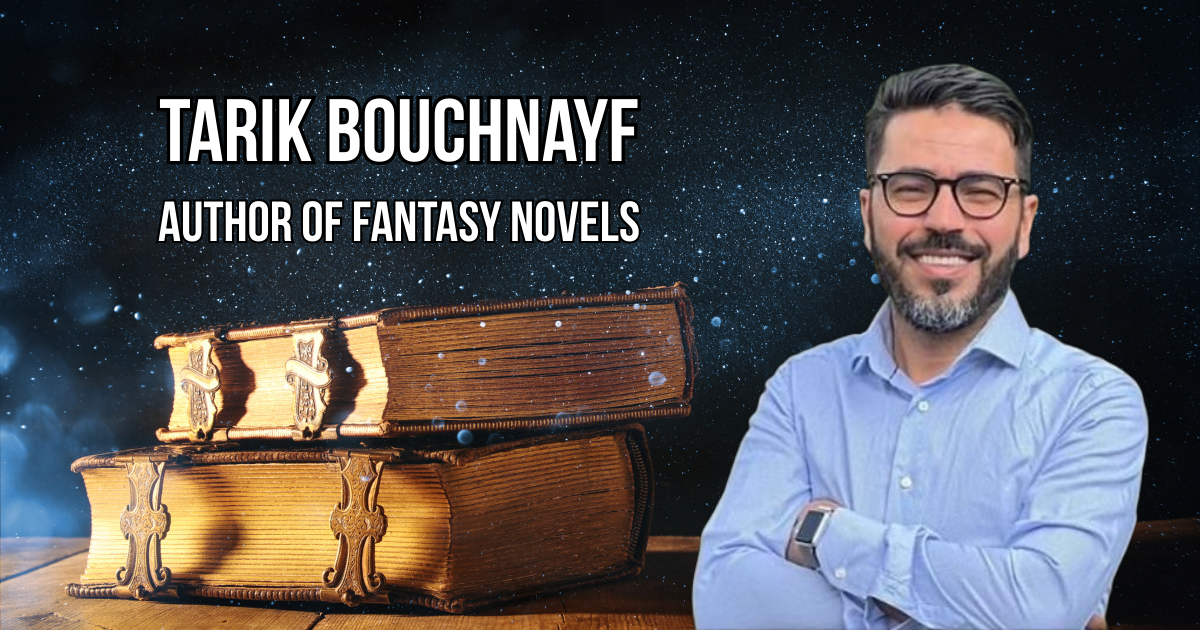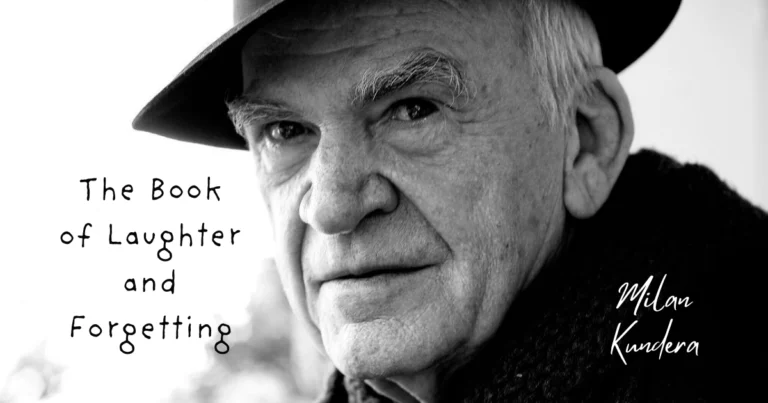Inside the writer’s brain (1/6): Planning or Improvising? Discover your writing style
My name is Tarik Bouchnayf, and I’m a fiction writer working across several genres, including epic fantasy, science fiction, and dystopia. With eight published novels, I’ve embarked on a journey that continues to evolve with every story I write.
In this series of posts, I’ll be sharing my personal experiences and reflections on writing novels, especially within the fantasy genre that I hold so close to heart.
I’ve intentionally chosen not to call this a “course” or “tutorial,” because in my humble view, novel writing is an art, and like all true art forms, it can’t be fully taught in a traditional academic sense. That doesn’t mean you must be born a writer; rather, I believe it’s a craft best developed through practice, observation, and deep introspection.
That said, I hold great respect for those who treat writing as a structured discipline and work hard to distill it into teachable skills. Their mission, spreading the love of this beautiful art, is one I admire deeply.
In today’s article, I begin with a topic of self-discovery:
Are You a Plotter or a Pantser?
Throughout the history of novel writing, authors have often fallen into one of two categories: plotters or pantsers.
What’s the difference?
Before diving into the details of each type, it’s important to make one thing clear: this isn’t something you learn, it’s something that’s built into you as a person. If you’re naturally a plotter, don’t force yourself to be a pantser, and vice versa. Both styles can lead to becoming a successful author. Neither is better than the other.
This isn’t just my personal opinion, nor is it a random reader-based convention, it’s supported by literary history. Both approaches have produced legendary writers. For example, J.K. Rowling is a well-known plotter, while Stephen King is famously a pantser. End of discussion.
So, what exactly is a plotter?
As the name suggests, a plotter is an author who plans everything in advance. When a plotter comes up with a story idea, they don’t start writing immediately. Instead, they begin with brainstorming, outlining, and organizing.
They might use a draft notebook, a whiteboard, index cards, or plotting software. They define their characters, create detailed worlds, write down rules, map out scenes, name chapters, the whole architecture of the story is laid out before a single paragraph is written.
In short, a plotter is typically organized, structured, and prefers to have a clear roadmap before hitting the keyboard (or notebook).
And what about a pantser?
A pantser (from “flying by the seat of your pants”) is someone who doesn’t plan every detail beforehand. They might have a general idea, a character, or a situation in mind, but they allow the story to unfold as they write. It’s not that they refuse to plan, it’s just that their creative process works best when they discover the story along the way.
Likewise, just as a pantser can’t easily force themselves to outline, a plotter often finds it difficult to write without structure. It’s simply how each writer’s mind is wired, and both are valid, creative paths.
Not sure which one you are?
Here’s a quick exercise I came up with to help you figure it out:
Imagine a short story, about 1,000 words (roughly two pages).
(Pro tip: if you’re serious about writing, start thinking in word count, not page numbers!)
Before writing, take a sheet of paper and plot: define your characters, setting, and how the story will unfold. Write a basic outline.
Now, write the story.
Once you’re done, compare your final story to the original plan.
If you followed the plot closely, you’re probably a plotter.
If the story shifted significantly as you wrote, you’re likely a pantser.
I’ll say it again: being a plotter isn’t better than being a pantser, and vice versa. The key is to understand how you work best, embrace it, and build your writing practice around it.
Before I wrap up, I want to share one of the strangest and most magical experiences I’ve had as a pantser.
I remember vividly the day I sat down to begin writing The Other Realm, my latest fantasy trilogy. I had only one idea in mind:
A time-traveling serial killer journeys to Fez to assassinate Fatima al-Fihri, in an attempt to prevent her from founding Al Quaraouiyine University. It’s up to the protagonist to save her.
But who was the protagonist?
What world would I create?
What would it look like?
I had no clue.
On July 25, 2023, while vacationing with my family in Al Hoceima, I simply opened my laptop and started writing.
And then it began, characters appeared, a world unfolded, creatures were born, plot twists emerged, and even deaths I hadn’t anticipated. When I finished the draft, I could hardly believe what I had created. It felt like the story had been waiting all along, I just had to show up and listen.
What I’ve come to realize is that both paths, plotting and pantsing, are not just writing styles; they’re reflections of the way our minds seek meaning and structure in the chaos of creation. Each approach reveals subconscious patterns, hidden preferences, and the internal compass that guides how we navigate uncertainty.
Discovering your creative rhythm is, in truth, an act of self-awareness. It’s not just about how you write, it’s about how you process life, how you make decisions, how you trust (or challenge) your instincts. Through writing, you start to encounter aspects of yourself that often remain buried in the rush of daily existence.
And in that process, something profound happens: you begin to see the shape of your own story. Writing becomes more than a craft, it becomes a mirror. One that, page by page, reveals not just the writer you are… but the person you’re becoming.
Let me know in the comments, are you a plotter or a pantser?
And stay tuned! In my next post, I’ll dive into one of the most thrilling aspects of writing fantasy: World Building.
📚 Further Reading: Books by Tarik Bouchnayf
- The Other Realm: Lost In Ayred
- The Other Realm: The Crimson World
- The Unjust War (The Other Realm Book 3)
- Empire of Rebels
- The Queen And The Eighth Rebel (Empire of Rebels Book 2)
- Empire of Rebels: The Lord King And The Lady Queen
- 309 Years Later
- The Queen And The Eighth Rebel
- كل شيء بدأ ببث
Author and Cloud Data & Artificial Intelligence Engineer
• Born on October 25, 1982, in Rislane, a small town nestled between Berkane and Oujda in Morocco.
• Holds a Bachelor's degree in Data Science from Johns Hopkins University.
• Former lecturer at the University of Créteil in Paris, where he combined technical expertise with creative passion.
• Currently works as an engineer specializing in cloud data and artificial intelligence.
• Writing, a long-suppressed desire, became an undeniable calling in his early twenties.
• Author of seven novels in English, three of which became bestsellers.
• Recently made a notable debut in Arabic literature with his first fantasy novel, marking a new chapter in his literary journey.
• Now lives in Belgium with his wife and their three children.
• Continues to pursue both his professional projects and his lifelong dream of writing.








